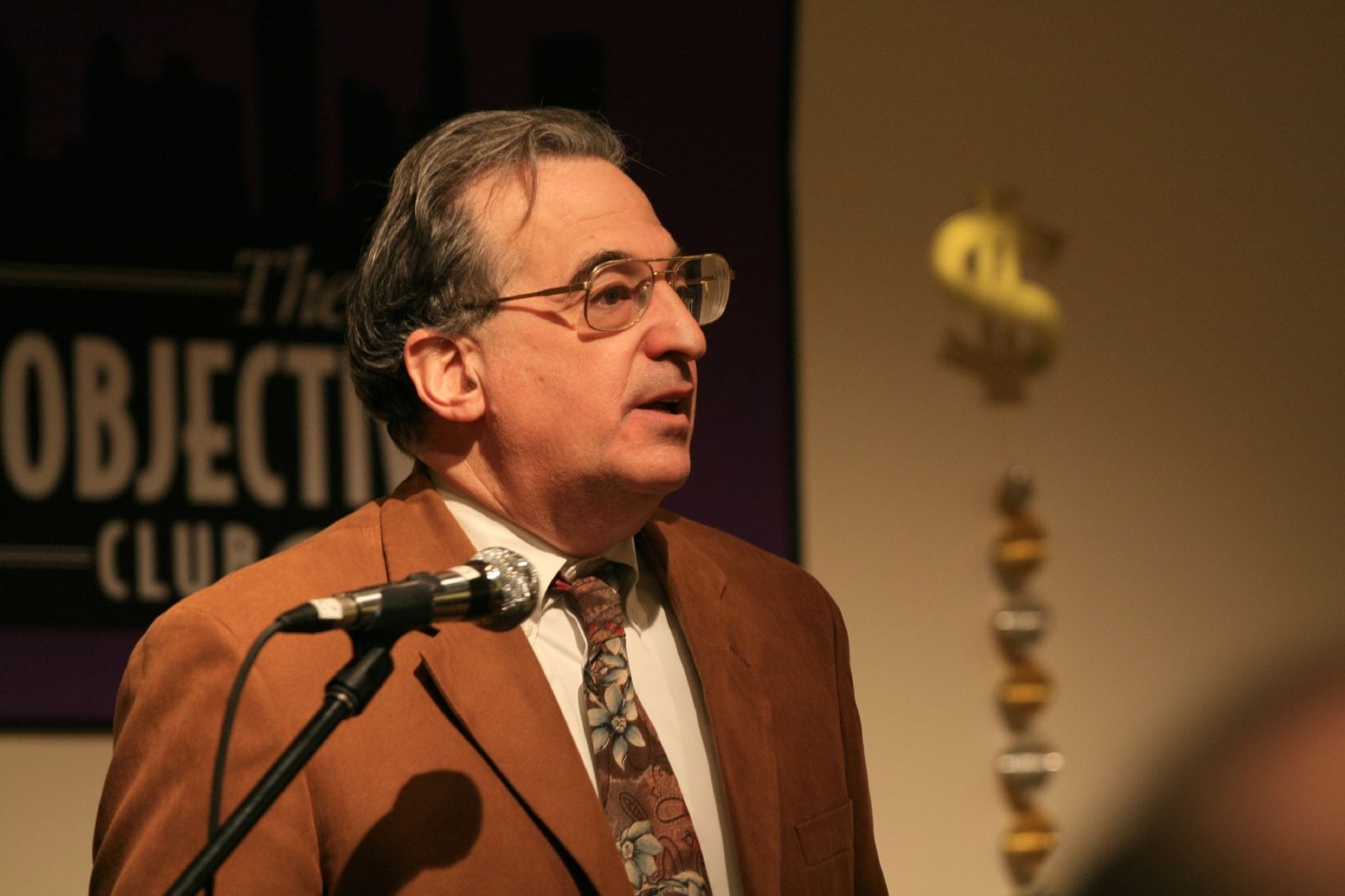I return to my favorite field of Literature, this time discussing Joseph Conrad’s exquisitely brutal novella, “Heart of Darkness”. The background for the story is the Congo Free State of King Leopold II of Belgium around the turn of the 20th century. Under the guise of doing humanitarian work, Leopold and his thuggish minions ruthlessly subjugated the indigenous African population to engorge themselves on riches from ivory and rubber. Indeed, historian Matthew White estimates that 10 million Africans were killed by Leopold’s depredations in the Congo. Conrad, a Polish-born seaman writing in English, spent months as a riverboat captain in the Congo during this period and witnessed the brutality first-hand.
In the novel, Marlow narrates the main story within a loose frame. He travels far up an extensive river (presumably the Congo) into the heart of the “dark continent” to rescue the sick Kurtz, an ivory trader celebrated for his genius and magnanimity of soul. What he finds at almost every moment and millimeter of his journey is unrelieved darkness: The brutality of the white Europeans toward the Africans is horrifying. The ignorance and savagery of the native population is manifest. The decay and decadence of egregiously inhumane mismanagement is ubiquitous—the steamship is a wreck, useful, imported European equipment lies neglected and rusting in random scrap heaps, African slave laborers, dying of disease, malnutrition, beatings, and/or overwork, are dumped in a secluded glade near the river and left to die and rot. The final blow Marlow delivers to his listeners is the truth about Kurtz, the supposedly saintly savior of the indigenous peoples. The natives in the deep interior worshiped Kurtz, he encouraged it, it drove him drunk and mad with power, and he used that strength to brutalize rival tribes in his greed for ivory. A disgusted Marlow drags the dying Kurtz on board the steamer and heads downriver toward the ivory company’s main office. Kurtz expires en route, uttering his now-iconic last words: “The horror! The horror!”
What is the darkness that consumes Kurtz and from which Marlow recoils? What is the heart of it? There are layers—the obvious brutality of the white men, the lack of advanced culture among the Africans, and the looming threat of death everywhere in the heavy jungle terrain, the disease, the savage beasts, the headhunting and cannibalistic tribesmen. But deepest of all, exemplified by the choices and fate of Kurtz, is the darkness omnipresent in the human heart, the ineradicable susceptibility of even the noblest of men to greed and power lust. Even more than the murderous cruelty of the imperialism he witnesses, it is this last that shakes Marlow to the roots of his soul. The nameless narrator of the flimsy frame within which Marlow tells his tale ends the story. Sitting safely in London, a supposedly civilized capital, in a boat on the Thames, the unnamed character states: “…the tranquil waterway leading to the uttermost ends of the earth flowed somber under an overcast sky—[it] seemed to lead into the heart of an immense darkness.” Presumably, no where in the world is the human heart different.
If anyone feels he has too much joy in his life, a reading of this tale is certain to mitigate it. Years ago, as a young graduate student, I taught Literature at a private high school in White Plains, NY. We read “The Fountainhead.” One of the girls, reluctant to read it at first because of its length, enjoyed it nevertheless and fell in love with Howard Roark. Subsequently, we read “Heart of Darkness.” All of us, especially this student, were deeply depressed. Then one of the boys blurted: “Look, Rachel (not her real name) here comes Howard Roark on vacation jet-skiing up the Congo!” We all burst out laughing at the imagery and our mood was lifted.
For better or worse, great literature has an impact on the soul. “Heart of Darkness” and “Apocalypse Now,” an infamous film based on it, will darken our mood while simultaneously immersing us in a gripping tale and giving us substantial and serious themes to ponder.


